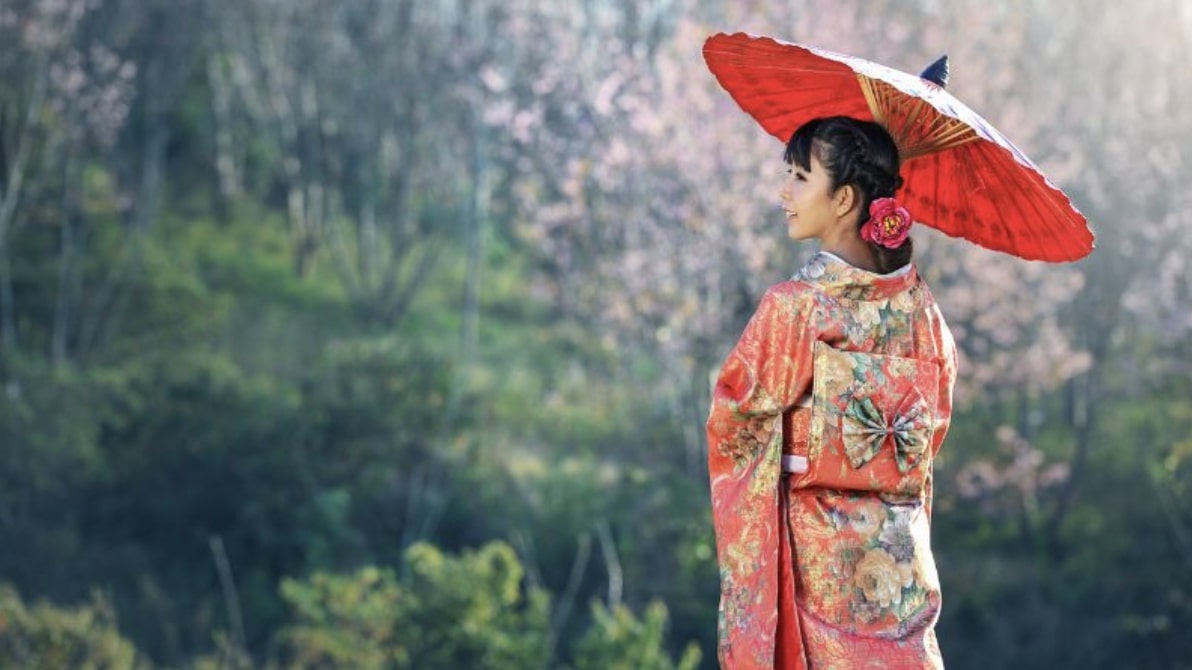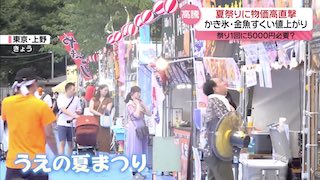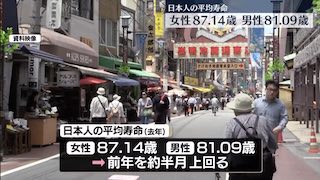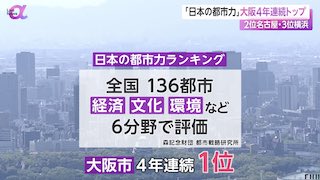Mar 06 (newsonjapan.com) - Japan has attracted travelers since it first opened to international trade in 1853.
The Land of the Rising Sun is not just a country where people love wheelz casino. While preserving many traditions and cultural attractions, Japan is also one of the world's leading economic and technological centers. Ancient gods and traditional customs coexist with cutting-edge technology and trendy pop culture, and there is always something new to experience while visiting.
While preserving many traditions and cultural attractions, Japan is also one of the world's leading economic and technological centers. Ancient gods and traditional customs coexist with cutting-edge technology and trendy pop culture, and there is always something new to experience while visiting.
Japan is unique and can boast a fascinating culture and social paradigms not found anywhere else in the world. From fashion in Harajuku to perfect production, empty orchestras and etiquette during meals. Learn more about Japan at https://www.britannica.com/place/Japan.
The Oldest Company in the World is in Japan
Kongo Gumi is the oldest operating company in the world, founded in 578. It specializes in building temples and sanctuaries.
Generally speaking, Japan has a strong business tradition. Most of Japan's leading companies trace their lineage back to the Meiji Revolution and the old aristocratic families. They are called Zaibatsu. The term Zaibatsu refers to the group of conglomerates that controlled most of the Japanese economy.
"Zaibatsu" ("financial clique" in Japanese) was any of Japan's large capitalist enterprises before World War II, similar to cartels or trusts, but usually organized around one family. A single zaibatsu can run companies in almost all important areas of economic activity.
Japan Ranks 11th in the World in Terms of Population
According to estimates, there are 126 million people in Japan. Japan's population has been declining noticeably since 2011, mostly due to low birth rates - some say due to expensive childcare and difficulty finding good-paying jobs.
At the same time, the population density in Japan is 336 inhabitants per square kilometer. By comparison, that figure is:
223 people per square kilometer in Germany;
48 inhabitants per square kilometer in Canada.
So, the Japanese people live really crowded on their islands.
The Japanese Live ( Almost ) the Longest

After Hong Kong, Macau and Monaco, Japan has a life expectancy of 84 years, which is 3 years higher than, for example, the United Kingdom. According to the United Nations, Japan has the fourth highest life expectancy in the world, with a life expectancy index of 84.8 years. The countries that rank next to Japan are:
| Country | Life expectancy index (years) |
|---|---|
| Australia | 84.5 |
| Switzerland | 84.0 |
| Malta | 83.8 |
| South Korea | 83.7 |
| Liechtenstein | 83.3 |
Scientists attribute this to the special diet and culture of the Japanese. First of all, the Japanese practically do not eat uncooked food and eat a lot of fish and seafood. In modern Japan, fresh food is one that is cooked no more than half an hour ago. Also, it is accepted in Japan to lead a healthy lifestyle, which reduces the risk of cardiovascular disease.
In Japan, 1 Vending Machine is Available for Every 24 Persons.
With 5 million vending machines, Japan has the highest TA density in the world. Batteries, ramen, sake, umbrellas, flowers, almost anything. The annual turnover of vending machines exceeds 5 million Japanese yen.
Modern Japanese vending machines are equipped with a variety of environmental systems, can accept orders and payments from phones and even recommend products to you. For example, offer a cool drink on a hot day. Moreover, vending machines are a great time saver, which is especially important in the hectic pace of Japanese life.
In addition, these machines are almost always intact. Nobody loots them or breaks them. According to Max Bet, this is proof of the low level of street crime and vandalism in Japan.
Almost Half of All Zippers in the World are Made in Japan
If you check your zipper, it will probably be marked YKK, which stands for Yoshida Kogyo Kabushikikaisha. This manufacturer, founded in Tokyo in 1934, produces 7 billion zippers annually.
Moreover, YKK Holding is the world's leading manufacturer of zippers. It owns more than 71 zipper factories around the globe, which produce more than 90% of these products. You can learn more about the company at https://en.wikipedia.org/wiki/YKK.
The name of the holding company is translated as "Yoshida Factory", it was named after the founder of the company. The success of the company was ensured by extensive cooperation with various clothing manufacturers, while maintaining the strictest quality standards.
Japanese Melons Can Cost You More Than $200
Why are melons so expensive in Japan? These precious fruits play a large role in the national gift-giving culture: the samurai would offer mandarins or melons to the Shogun as a sign of appreciation.
Nowadays, farmers carefully care for these fruits by hand, which increases their attractiveness. Crown melons are one of the most famous varieties and can cost more than $200 each.
Japanese yubari melons are a true trademark that is registered and protected by law. Moreover, the cultivation of these fruits is the basis of the economy of Yubari, on the island of Hakkaido. The company consists of only 150 people who operate the greenhouses. However, it is not forbidden to buy seeds and grow Japanese melon yourself, but the real royal melon is considered only the one grown in Yubari town.
Japan Imports Over 80% of Jamaica's Annual Coffee Production
The coffee known as Blue Mountain, grown in the Jamaican region of the same name, is in high demand. This gourmet beverage, grown only on small family plantations at more than 7,000 feet, boasts a mild flavor and lacks the bitterness typical for most coffees.
The average Japanese consumes 2.1 kilograms of coffee in a year, while consumption of tea is a little over a kilogram. So, despite stereotypes, coffee is much more popular than tea.
There Was the World's Largest Fish Market in Japan
The Tsukiji Fish Market in Tokyo was the largest wholesale fish and seafood market in the world, known for its tuna auctions. In 2018, a part of it moved to a new site in Toyosu, where it reopened as Toyosu Market.
Japanese Cuisine Includes Horse Meat Dish
Basashi is a popular regional Japanese dish consisting of slices of raw horse meat with ginger and onions. In general, the horse is a very important animal for the Japanese. Perhaps the Japanese adopted the tradition of horse meat cuisine from the Chinese, who adopted it in turn from the Mongols and other nomads. Even the traditional Japanese horse breeds are similar to those of Central Asia.
More Than 80% of Japan's Territory Is Covered by Mountains
This hilly terrain includes more than 100 active volcanoes, which is about 10% of all working volcanoes in the world - the landscape is perfect for skiing and hiking. K's House hostels are ideal for climbing Mount Fuji, and the Fuji Lake Hotel is a stylish lakeside hotel built in the 1930s.
It is thanks to volcanic activity that Japan is much warmer than other regions in the Far East that are located at the same latitude.















